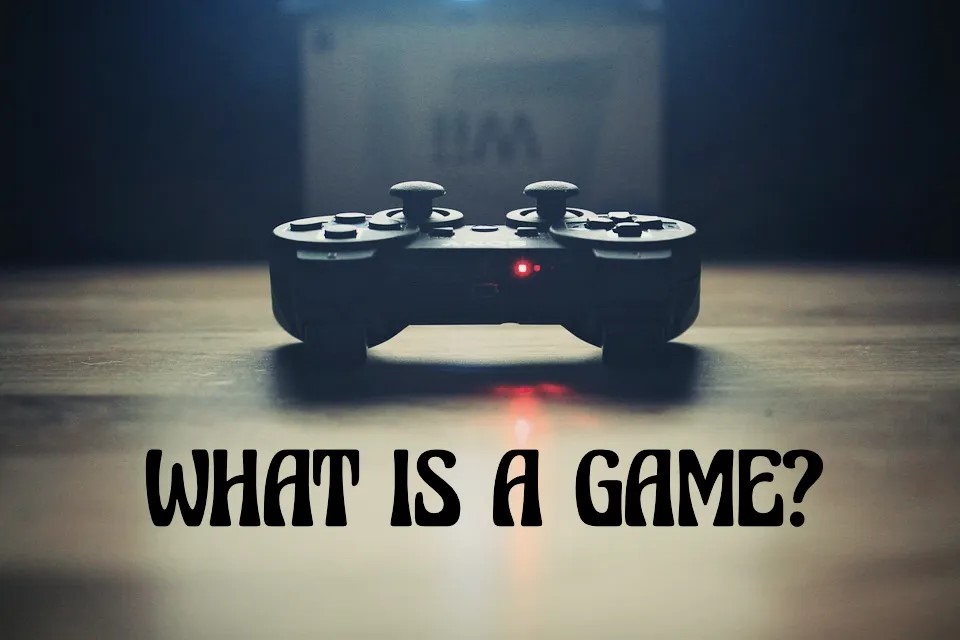People often use the terms games and sports interchangeably, but in reality, are both words the same and give the same meaning, or are these two words totally different from each other? While we often talk about both words as a reference, they both involve rules, competition and recreation. It might surprise you that these two terms, i.e. Games and Sports, are different in purpose, structure, and the way performance is measured.
The word “game” comes from the Proto-Germanic root ga- (collective) and mann (person), essentially meaning “bringing people together.”
On the other hand, “sport” originates from the Old French desporter, meaning “to seek amusement” or “carry away from work.”
This difference in roots highlights the distinction:
-
Games emphasise social interaction, fun, and group activity.
-
Sports highlight physical performance, discipline, and individual or team excellence.
In simple words: All sports are games, but not all games are sports.
What is a Game?

Source: gamedevelopertips
A game is a structured activity played for fun, learning, enjoyment or competition. It may involve physical efforts, but that is not always necessary. There are some rules and guidance to play, but these rules can be flexible depending on the participants.
Examples of Games:
-
Chess
-
Scrabble
-
Tag
-
Poker
-
Hopscotch
-
Dominoes
The games which we play are usually about the enjoyment, strategy and require teamwork rather than any requirement of physical strength.
What is a Sport?

Source: slideserve
Sports require physical strength, skills, stamina and discipline under a fixed set of rules and regulations. In sports, there is always a requirement for daily training and practices. Unlike games, sports demand regular training, practice, and measurable performance.
Examples of Sports:
-
Badminton
-
Tennis
-
Horse riding
-
Football
-
Athletics
In sports, physical ability and consistent effort often determine success, although mental focus also plays an important role.
Difference Between Games and Sports
| Aspect | Games | Sports |
| Nature of Activity | It can be mental or physical | It always involves physical activity |
| Objective | This can be played for fun, recreation, or teamwork | In sports, there is always a focus on competition, discipline, and performance |
| Rules | It is flexible and can be modified by players | Standardised, fixed, and universally followed |
| Skill Requirement | It relies on strategy, teamwork, and sometimes luck | It requires training, practice, and physical ability |
| Outcome | It is determined by group effort and coordination | Determined by individual skill or athletic performance |
| Participants | In games, participants are called players | Called athletes or sportspersons |
| Attitude | Usually friendly and casual | Competitive and professional |
| Examples | Chess, Poker, Scrabble, Hopscotch | Football, Badminton, Tennis, Horse riding |
| Dependence | More on mental strength and coordination | More on physical stamina, skill, and endurance |
| Recognition | Popularity shared by the group/team | Recognition often goes to the individual athlete |
Conclusion
Games and sports are often used interchangeably, but they are different. Games and sports are very important and play an essential role in human life, offering recreation, skill-building and joy. The sports are more known for their competitive, physically demanding and structured nature, while games lean towards teamwork, entertainment and strategy.
Comments
All Comments (0)
Join the conversation